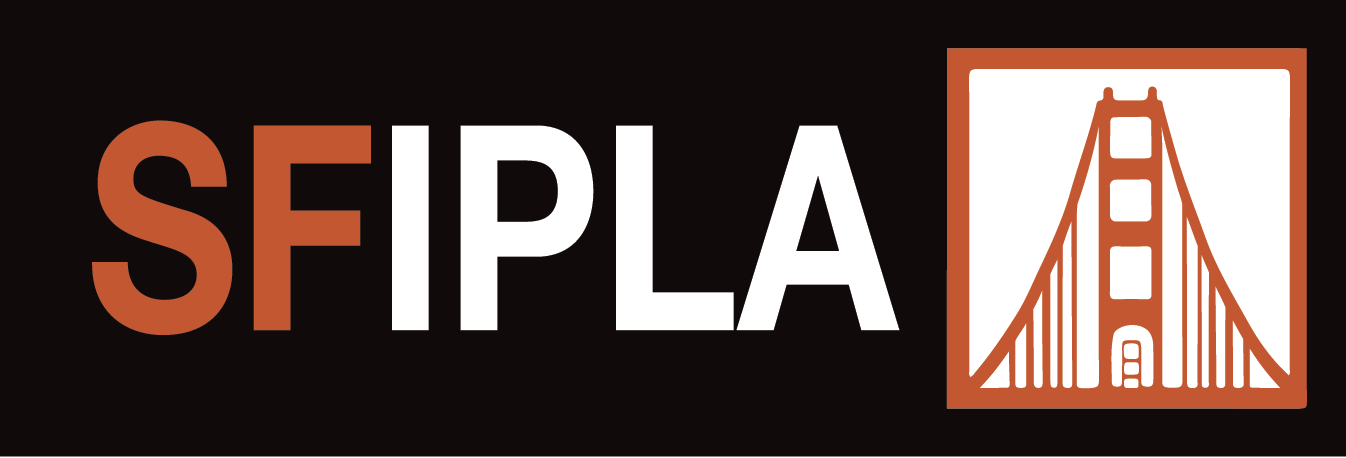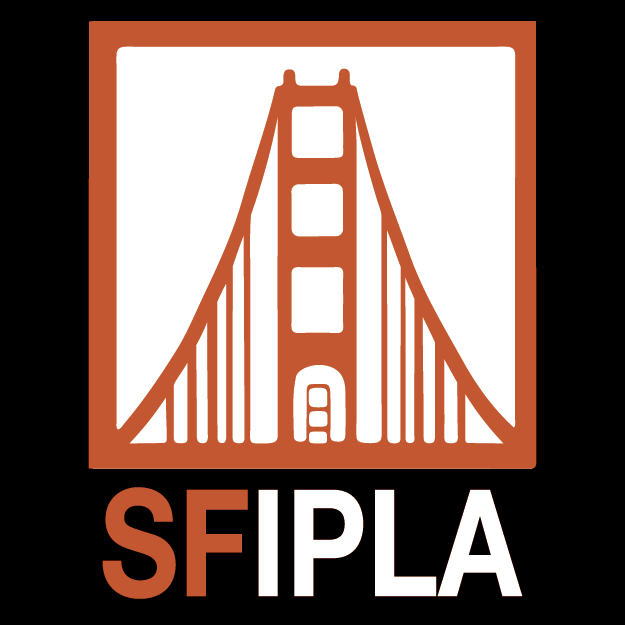Date/Time
Date(s) - Thu 03/26/2015
12:00 pm - 1:15 pm
Location
Golden Gate University, Room 3214
“Do ‘Groundless Threats’ Statutes Curtail IP Bullies and Over-Enforcement?: Some Evidence from Australia and the U.K.”
Click here to register.
There is a growing literature in intellectual property (IP) scholarship that focuses on the deleterious effects that over-enforcement of IP rights can have on competition and free speech. Most of this literature is not empirically based, which is perhaps not surprising, since the vast majority of IP enforcement occurs outside of the formal legal system in the “shadow” of the law and in the everyday practices of IP lawyers, and is therefore difficult to study. Yet we do know from empirical research in the U.S. that trademark owners do indeed have strategic advantages when enforcing their claims by means such as demand letters, and that they sometimes successfully enforce claims that are acknowledged to be weak on the legal merits. Moreover, trademark owners and their attorneys are well aware that they can often successfully assert weak claims and take this into account when making enforcement decisions. Some scholars claim that such practices are abusive and constitute “bullying” that should be addressed by sanctions. Yet the efficacy of informal sanction, such as shaming, are speculative and largely unstudied. And formal sanctions such as those provided under Rule 11 are problematic precisely because most of the alleged bullying takes place outside of court.
This talk is based on an ongoing qualitative empirical research project that seeks to understand and assess how formal sanctions against alleged abusive trademark demands might work in the U.S. by examining two jurisdictions that have implemented statutory prohibitions on “groundless threats” of trademark infringement by such means as demand letters. Both the U.K. and Australia have such “groundless threats” provisions. But there is little empirical understanding of how they affect IP owners’ enforcement behavior and tactics. This study aims to fill that gap by studying how and why U.K. and Australian IP lawyers and their clients enforce IP rights (or do not) outside of formal legal proceedings. In particular, the study examines whether and how the groundless threats statutes in the U.K and Australia affect enforcement tactics and practices—including whether they deter overly-aggressive IP enforcement. Lastly, this study assesses whether similar statutory provisions might work in the U.S. context.
The research questions that this study addresses include:
- Whether “Repeat Player” actors have advantages in trademark litigation in the U.K and Australia;
- What the “Repeat Player” thesis can tell us about the expansion of trademark law and the ability of sophisticated corporate trademark owners to over-enforce IP rights in the U.K. and Australia;
- Whether “groundless threats” statutes in the U.K. and Australia are effective in deterring the over-enforcement of IP rights; and
- What the finding to these research questions suggest for the U.S. context, especially relating to reform efforts targeting patent “trolls”/NPEs and trademark and copyright “bullies.”
Presenter:
 Professor William Gallagher is a Professor of Law and Co-Director of the IP Law Center at Golden Gate University.
Professor William Gallagher is a Professor of Law and Co-Director of the IP Law Center at Golden Gate University.
Location:
Room 3214 at Golden Gate University.
Price and Registration:
| Ticket Type | Price (Before Ticketing Fees) |
|---|---|
| In-Person In-House Counsel | Free |
| In-Person SFIPLA Member (Law Firm) | $35 |
| In-Person Non-Member | $40 |
| Student | $10 |
Click here to register and pay on-line, or mail your RSVP, desired ticket type, and check made payable to SFIPLA to us at the address on our contact page.
Categories

